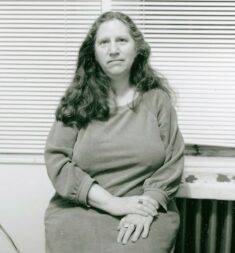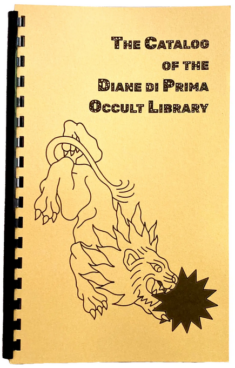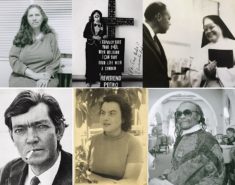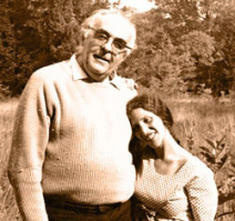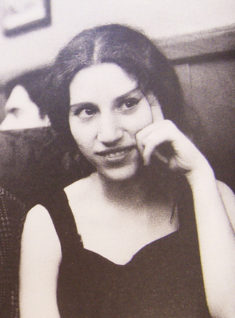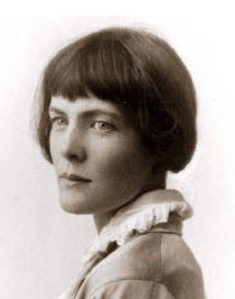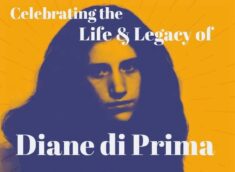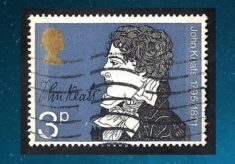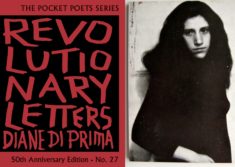Editor: Iris Cuhsing
58 pp, soft-bound, saddle-stitched
Originally composed to prepare a lecture delivered at the New College of California in 1984, di Prima's notes, “Prometheus Unbound as a Magickal Working,” begins with the claim that Percy Bysshe Shelley’s 1819 lyrical drama Prometheus Unbound is “… a magical ritual to be performed in the mind's eye, or more accurately, in the realm of the Imagination.” Di Prima walks readers through each act of Prometheus Unbound—its plot, characters, mythological meaning, and the music of its language—revealing how the play functions to let us “envision…the new order we seek to bring about.” These notes bridge di Prima’s investigations into Romantic poetry with her extensive knowledge of alchemical and hermetic traditions, while giving us a glimpse into the unique process of her thinking about poetics. She emphasizes the importance of approaching poetry as something that can transform one’s mind in an actively and literally magical way, positioning Shelley as a poet uniquely capable of communicating the means for this transformation.
Author Biography:
Diane di Prima has shaped and transcended literary movements over the course of six decades and more than 50 genre-bending books of poetry and prose. Born in Brooklyn in 1934, di Prima’s early poetic sensibility was nurtured by her maternal grandfather, Domenico Mallozzi, an anarchist and friend of Emma Goldman and Carlo Tresca. Di Prima befriended many poets and writers in her early life, including Audre Lorde, Frank O’Hara, Amiri Baraka and Allen Ginsberg. She has played a hugely consequential role as a culture producer, not only through her own work, but also as a publisher and presenter of the works of other poets. Together with Baraka, di Prima co-founded and edited The Floating Bear, a mimeographed newsletter of poetry and prose; she also founded and edited the Poets Press throughout the 1960s. As an activist, small press publisher, and founder of the New York Poets Theatre, she helped build essential countercultural communities on two coasts, first in New York City, and then in San Francisco. In 2001, Viking Press published Recollections of My Life as a Woman, di Prima’s memoir of the first 30 years of her life, including her early years as a poet and single mother. More recent books include The Poetry Deal (City Lights, 2014). Spring and Autumn Annals, di Prima’s account of the year following her friend Fred Herko’s death, as well as a new, expanded edition of Revolutionary letters, are in preparation with City Lights. Diane di Prima continues to live in San Francisco—where she served as Poet Laureate in 2009—and her influence can be felt nationwide across generations of writers.
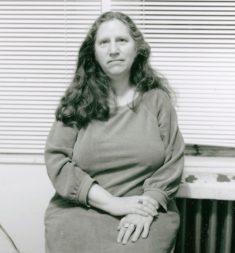
Editor Biography:
Iris Cushing is a native of Yolo County, California. She is a poet, scholar, educator and founding editor for Argos Books, an independent poetry press. Her poems and critical writings have appeared in numerous publications, including the Boston Review, Fence, and the Academy of American Poets Poem-A-Day series, and her poetry collection Wyoming won the 2013 Furniture Press Poetry Prize. Iris was a recipient of the Diane di Prima Fellowship from the Center for the Humanities from 2016-2018, editing Bobbie Louise Hawkins: The Sounding Word, and co-editing Judy Grahn: Selections from Blood, Bread and Roses, for Lost & Found Series VI. A doctoral candidate in English at the CUNY Graduate Center, Iris is currently at work on a biographical dissertation titled “Pierce and Pine: Diane di Prima, Mary Norbert Korte and the Question of Matter and Spirit.” She teaches writing at Eugene Lang/The New School, and lives in the Western Catskill Mountains.
SELECTED ARCHIVES
- Personal Archives (Diane di Prima)
